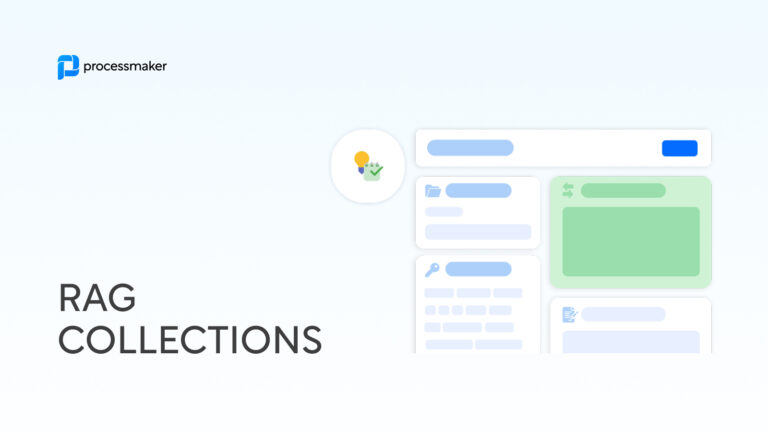The IT skills shortage gap is massive. In fact, Gartner has found that the demand for business-related apps is 5x higher than available IT capacity. In general, there just aren’t enough IT professionals to meet consumer expectations. The good news is there is a solution for companies experiencing an IT shortage. The answer is low-code.
By implementing low-code development platforms, businesses can overcome the IT skills gap while empowering citizen developers to create high-quality, working solutions to manage everyday issues while still meeting any cyber security concerns. By 2024, it is expected that low-code platforms will manage over 65% of app development. How can your company overcome the skills gap with a low-code solution? Let’s take a closer look.
Global IT shortages
There are large numbers of unfilled IT jobs across the globe. According to the IDC, the skills gaps will cost organizations $775B annually. For instance, Bitkom found that Germany has 124,000 unfilled IT vacancies. In the UK, there were 40,000 unfilled IT positions in 2019. In addition, the IDC survey discovered that over 52% of IT leaders say that the skills gap was one of their most pressing issues.
However, it’s not just employers who are faced with these types of obstacles. The “Amazon Effect,” has pervaded the marketplace and customers expect instant gratification. As a result, companies are overwhelmed with the pressure to respond instantly and 24/7 to customer requests.
Add to all of the above the COVID-19 pandemic, and never has there been more pressure for organizations to ramp up their digital footprint, digital interactions, and digital transformation. If companies need to be “always-on,” but don’t have enough skilled employees on hand then they can rely on low-code solutions.
What created the skills gap?
Unfortunately, many traditional colleges and universities have not offered an adequate number of IT programs to meet the hiring demand. Further, the need for new apps continues to skyrocket. Moreover, the digital age requires companies to become more digitized to remain competitive and relevant. The demand for software has increased to hyper speed, but there aren’t enough specialists available to produce them.
Disastrously, a skills gap also creates negative consequences and financial losses as companies don’t have the human resources to meet the business demands of the future. Many companies have an extensive IT backlog without the right tools to scale their efforts as needed. And, again without the right solutions, companies can barely keep their head above water. Invariably, companies are expected to do more with what they currently have.
According to an IBM Institute for Business Value study, 120 million workers in the world’s twelve largest economies will need to be retrained or reskilled as a result of intelligent automation. These issues are further exacerbated for companies that aren’t located near technology and research hubs. The skills gap has no end in sight. On the other hand, low-code solutions provide the right response.
Turn non-technical employees into citizen developers
There is also something else to contend with: The speed of change. Technology is developing more rapidly than the end user’s ability to learn how to use it. So then, productivity can also go down the drain. Yet, citizen developers can come to the rescue by using low-code solutions to create their own tools and applications. Even with no coding experience, business professionals can fill in the skills gap and help to clear out the overwhelming IT backlog. Some of the ways low-code solutions can help overcome the skills gap include:
- Offers a user-friendly platform for managing workflow and mapping processes.
- Helps to increase automation of redundant, rules-based, and time-consuming tasks.
- Improves productivity, efficiency, and employee engagement.
A low-code platform is how organizations can avert the negative impact of a skills gap. How? Well, low-code solutions empower a larger number of non-IT employees to produce business-ready applications to address workflow bottlenecks. Specialized IT knowledge is not required. Businesses can not only increase their resources, but they can also help to accelerate business value. Citizen developers can create business apps while more complicated digital issues can be managed by the IT department. Also, business apps can be created easily and with baked in security – in only a few mouse clicks. Companies can drop the unsecured Excel spreadsheets. Using intelligent low-code solutions, powered by AI, citizen developers can do the following:
- Turn data into apps using automation.
- Create apps for any platform.
- Keep data sharing secure.
- Improve the customer experience.
- Deploy apps without having to wait on the IT department.
- Create resources where there were none previously.
Stay competitive in a digital-first era
The current COVID-19 pandemic will only accelerate digital transformation. As a result, businesses will need to continuously examine their customer channels and customer experience. A key component will be AI. And, without digital development, companies will get left behind. So then, it’s time to focus on the tools that achieve a digital-first outcome. The answer is low-code.
Are you curious to see where a low-code solution can help?
Give ProcessMaker’s award-winning low-code platform a try. Ready to learn more about specific functionalities? Contact us today.





